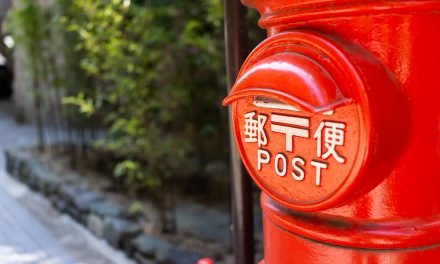
Japanese Prime Minister vows to sell off post office
Junichiro Koizumi, the Japanese Prime Minister, has pledged to privatise the creaking post office network.
He insists that his plan to place the trio of post office businesses, including mail delivery operations, the world’s biggest savings bank and the hefty Kampo life insurance company, into private ownership would form a central platform of his party’s general election campaign. Mr Koizumi called an election last week.
Politicians’ and economists’ reaction to the privatisation pledge were mixed. One senior bureaucrat said: “The privatisation of the postal service could easily be a disaster -if it were denationalised tomorrow, with its finances in the chaos they are now, it would probably end up bankrupt within a few months.”
Mr Koizumi’s enthusiasm for privatising the network -which will see more than 24,000 post offices and 280,000 jobs pass into the private sector -is thought to be based on the successful denationalisations of Japan Railways and NTT, the former telecoms monopoly.
Potential investors are likely to be most interested in the banking arm, which holds more than 350 trillion yen (Pounds 1.8 trillion) of Japanese savings at near-zero rates of interest. The core mail delivery business is likely to attract much less interest.
The privatisaton debate has highlighted the many gaping inefficiencies within the three postal businesses, which were officially merged to become Japan Post in April. Two weeks ago Japan Post released quarterly financial results for the first time, showing that the rise in the benchmark Nikkei 225 stock index, which yesterday broke the 11,000-point level, had generated Y3.78 trillion of paper profits at the savings and insurance units.
However, the figures also revealed the shaky nature of Japan Post’s finances. Its capital of Y1.26 trillion accounted for just 0.3 per cent of total assets. At the mail business, liabilities exceed assets by more than half a trillion yen.
The service comprises more than 24,000 post offices -which range from those offering full banking services to standalone wooden huts that can sell only stamps -but some analysts argue that the service could function with just 3,000.
Analysts believe that a carefully restructured version of Japan Post might become a viable force. As the recipient of decades of generous state funding, the post office has designed banking and mailhandling technologies that it would expect to sell on to other Asian countries.
Red-letter day for Japan Post?
Japan / UK
Number of post offices 24,778 / 17,584
Number of employees 280,000 / 200,000
Items handled per day 26.5m / 80m
Days lost to strike action 0 / 53,140
Post office robberies 86 / N/A
Items sent out of country 95m / 834m
Incoming items of mail 290m / 500m












